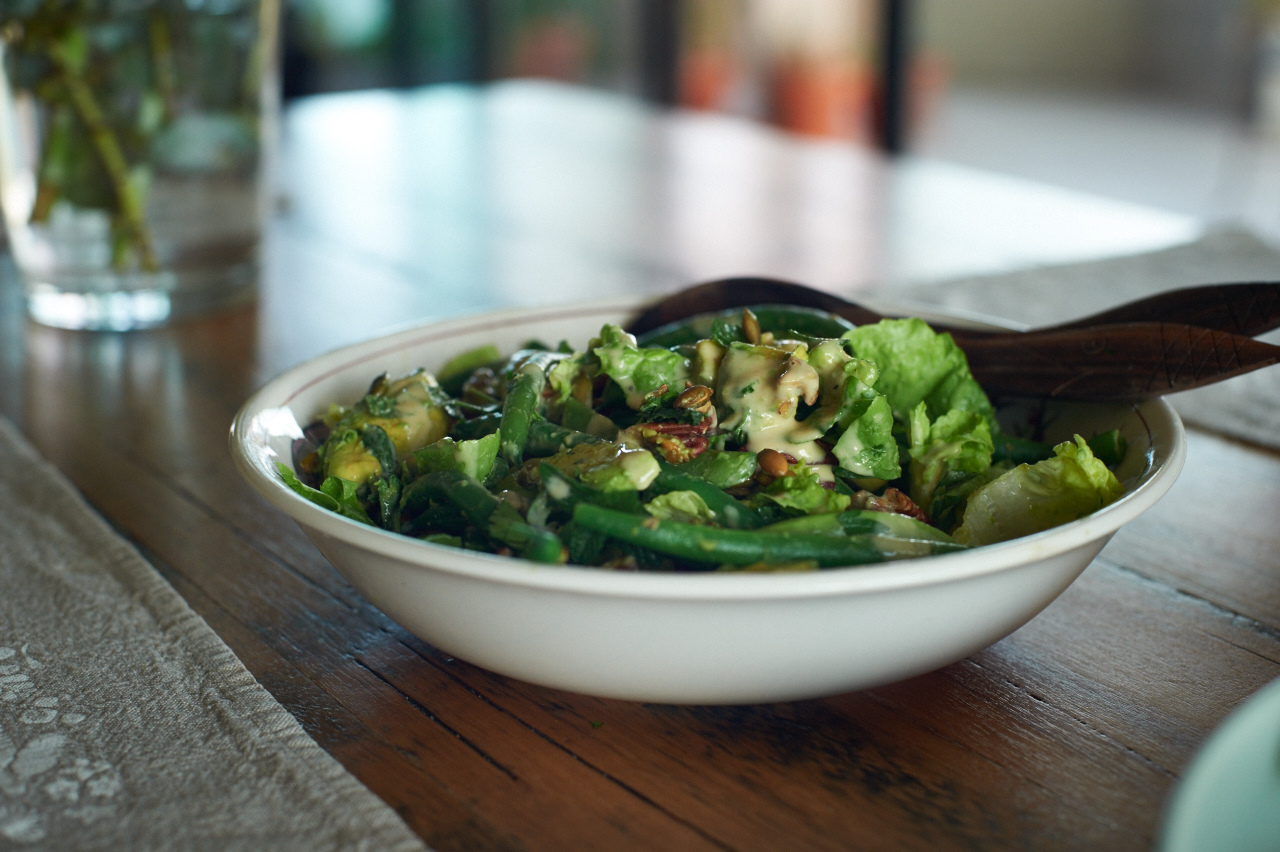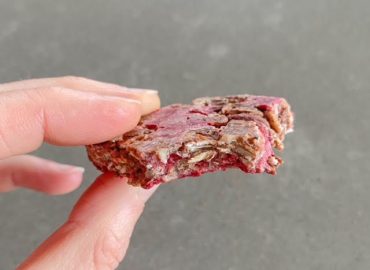Amongst pregnant women, a concern commonly raised is: “is fish safe to eat?”
Well, in a nutshell, yes!
It is recommended that pregnant women consume up to 2-3 serves of fish per week and to limit intake of larger fish species including flake, marlin, broadbill, swordfish, orange roughy and catfish due to their higher methylmercury content1. Whilst almost all fish contain traces of methylmercury, larger fish that have lived longer contain more as they have had more time to accumulate it.
During pregnancy, too much mercury can be detrimental to a baby’s developing nervous system1. For this reason, it is safe and beneficial for both you and your baby to regularly enjoy low mercury fish (see examples below).
What is methylmercury?
This is a form of mercury that can be found in certain fish. Mercury occurs naturally in the environment but is also contained in industrial pollution. When mercury is present in pollution it falls from the air and accumulates in streams and oceans. Once in water, bacteria converts mercury into methylmercury, which then accumulates in small aquatic organisms. As larger fish feed on these organisms they absorb this metal too.
Fish you can safely include in your diet:
- Mackerel
- Salmon
- Trout
- Herring
- Sardines
- Snapper
- Whiting
- Canned salmon and tuna
Store-bought ready-to-eat, chilled seafood such as sushi, sashimi, oysters, pre-cooked prawns and smoked salmon, are generally off-limits during pregnancy due to their higher risk of containing harmful bacteria such as listeria2. But don’t worry, there are plenty of delicious ways to incorporate fish into your diet (see below)!
Now, you may be wondering what a serve of fish is. Well, when we recommend 2-3 serves of fish per week, a serve equates to 150g which to illustrate, is about the size of your hand when uncooked.
What about fish oil?
It is common for women to avoid taking fish oil (or stop taking it once pregnant) due to the assumption that it contains mercury. However, fish oil does not contain mercury. Why is this the case? Well, interestingly when mercury accumulates in larger fish it actually binds to the protein and not the oil. So, fish oil is perfectly safe to take during pregnancy (and preconception).
In fact, if you are not keen on eating fish, taking a good quality fish oil daily (under the care of your health care professional) could be a good option to ensure adequate omega-3 intake (see below on why omega-3’s are so important!).
So, what are the benefits of eating fish during pregnancy?
Fish is a great source of protein which is important to consume adequately due to its critical role in tissue and organ growth3,4. It is also a rich source of other nutrients required for foetal growth and neurodevelopment including iodine, selenium, choline, vitamin D and omega-3 fatty acids3.
However, when it comes to the “hero” nutrient in fish, omega-3 fatty acids take the cake! Essential omega-3 fatty acids, eicosapentaenoic acid (EPA) and docosahexaenoic acid (DHA), are found in your oily fish species such as salmon, trout and sardines.
EPA and DHA are considered essential as they cannot be synthesised by the body and therefore, must be derived from the maternal diet. The benefits of adequate omega-3 fatty acid intake during pregnancy are impressive.
Both EPA and DHA have been associated with improved foetal growth and brain development during gestation and, may even play a role in preventing antenatal and perinatal depression5.
Research has also shown that sufficient intake of these essential omega-3 fatty acids during pregnancy, is crucial for children’s subsequent neurodevelopment5.
Food ideas:
Whilst I know there will be some of you reading this jumping for joy with the confirmation that you can and should eat fish during your pregnancy, I know there will be others turning up their nose!
Fish may be pretty high on your “pregnancy food aversions” list due to its fishy taste. Or, maybe it is the texture or smell that is making fish absolutely repulsive right now. Or, perhaps you just don’t like fish which is totally okay. If not a lover of fish, the above benefits may have provided motivation for you to challenge those taste buds! And, if not or you are vegetarian or vegan there is no need to worry as there are other ways to ensure you obtain important nutrients that fish provides including omega 3. More information and tips on this will be coming soon.
Here are some recipes and ideas to inspire you and help make eating your 2-3 serves of fish a week more enjoyable:
- Crumbed fish – this works particularly well for white fish
- Fish patties – can use either canned or fresh fish
- Fish tacos
- Poke bowl – important to use cooked fish!
- Fish veggie bake
- Fish pasta
- Fish pie
- Add fresh or dried herbs, spices or marinades – some of my favourite combinations include tamari, sesame oil, miso and ginger or a simple olive oil coating of zaatar or dukkha
- Try shallow frying, grilling or baking your fish
*Tip: if all else fails (and you want to enjoy more fish but just cannot bring yourself to cook it) ask your partner, family or friends to!
References:
- Mercury in fish [Internet]. Foodstandards.gov.au. [cited 2 April 2021]. Available from: https://www.foodstandards.gov.au/consumer/chemicals/mercury/Pages/default.aspx
- Listeria and food – advice for people at risk [Internet]. Foodstandards.gov.au. [cited 2 April 2021]. Available from: https://www.foodstandards.gov.au/publications/pages/listeriabrochuretext.aspx
- Taylor CM, Emmett PM, Emond AM, Golding J. A review of guidance on fish consumption in pregnancy: is it fit for purpose? Public Health Nutr. 2018;21(11):2149-59.
- Mousa A, Naqash A, Lim S. Macronutrient and Micronutrient Intake during Pregnancy: An Overview of Recent Evidence. Nutrients. 2019;11(2):443.
- Coletta JM, Bell SJ, Roman AS. Omega-3 Fatty acids and pregnancy. Rev Obstet Gynecol. 2010;3(4):163-71.
Written by Jasmine Genau
Jasmine is a student nutritionist and aspiring dietitian from Deakin University with a special interest in fertility health, pregnancy and paediatric nutrition, mental health, and sports nutrition. Upon completion of her masters, Jasmine aspires to work as a clinical dietitian and to initially upskill in the areas of paediatric and sports nutrition.





